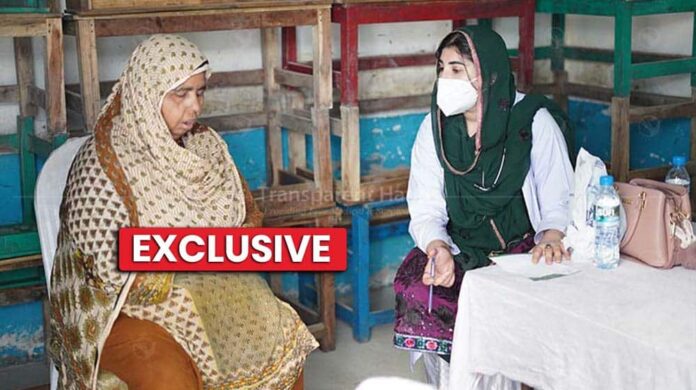World Bank (WB) and Islamic Development Bank (IsDB) have agreed to provide $250 million for Sindh’s integrated health and population program.
The Central Development Working Party has approved a project for ‘Sindh Human Capital Investment: 1000 Days – Integrated Health and Population Program’ costing Rs. 57.255 billion, an official source told.
The cost will be co-financed by the World Bank, IDB, and the Government of Sindh, according to the source. World Bank and IsDB will provide Rs. 51.124 billion for the project, while the remaining will be funded by the government of Sindh, the source added.
Read also: 500 Global, JS group partner to support startups
The project will be executed by Sindh Health and Population department and will be completed in 56 months, starting November 2022 till June 2027.
The Sindh Human Capital Investment: 1,000 Days – Integrated Health & Population Program has been conceived under the overall umbrella Concept Clearance Proposal approved at CDWP, Planning Commission of Pakistan on December 16, 2020. The program was supported by the World Bank with the financing of $200 million but later on, Islamic Development Bank (IsDB) became a co-financier by pledging $50 million mainly for the sub-component on women’s economic empowerment (WEE).
The sub-component of WEE is aimed at the provision of microfinancing to young women in the program catchment areas after fulfilling eligibility criteria i.e. literate and registered within BISP NCER. This support would enable women to become empowered in financial terms which will enhance their health-seeking behavior in terms of RMNCAH+N.
The project envisaged Universal Health Coverage through enhanced access to integrated reproductive, maternal, neonatal, child, and adolescent health and nutrition services. The project is aimed at a continuum-of-care approach. It also aims at women’s empowerment including women’s economic empowerment through skill development and microfinancing managed by a third party.
Scope of Work
To improve utilization and quality of RMNCAH+N services for poor and vulnerable populations, especially adolescents and women, in targeted areas of Sindh. The program will sustainably improve and build the health and economic resilience of communities in the project locations by adopting an integrated approach to address the socio-economic determinants; effects of natural disasters; and pandemics that impact the vulnerable population (especially poor women).

